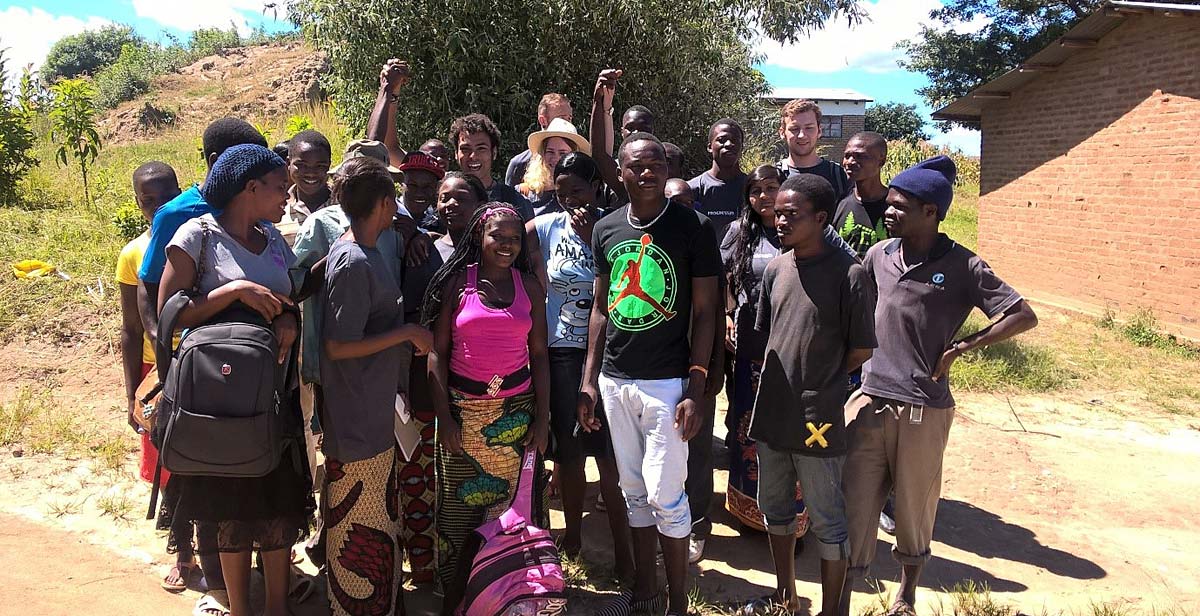Malawi: Lessons we can learn from our friends, the Malawians
During one of the nights at our in-country training in Lilongwe, I remember being quite annoyed. Once I tell you the reason, you're going to think "urgh, what a brat". To be honest, looking back at the moment retrospectively, I was being a little madam. The reason behind my annoyance was that some of our fellow Malawian volunteers were playing a really loud game, which required them to sing and bounce a ball. They were playing this right outside of my room. I was annoyed because I felt they were disturbing my silence as I was desperately trying to get connected to the internet.



